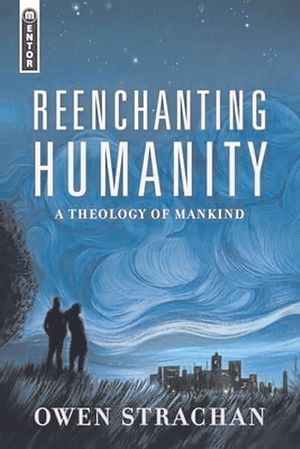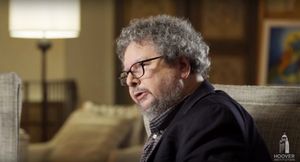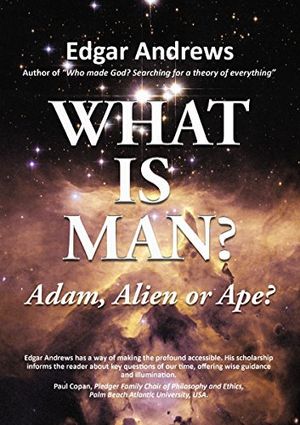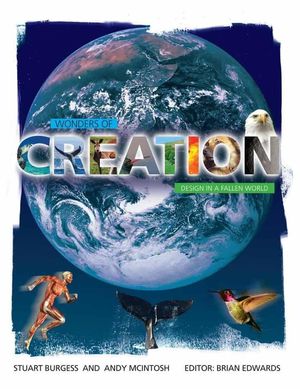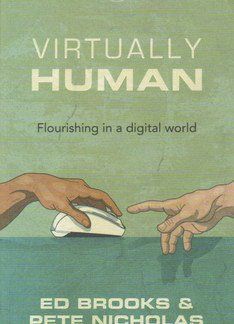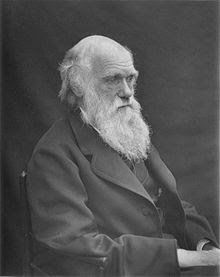
During the weeks before last Christmas, BBC Radio 4 carried a series of programmes giving popular presentations on the lives of famous scientists with the general title ‘On Giants’ Shoulders’. On 17 December, it was the turn of Charles Darwin. The revolutionary nature of his work was discussed by four leading Darwinian professors (Stephen Jay Gould and Daniel Dennett from the US, and Richard Dawkins and John Maynard Smith from the UK) and by Janet Brown, one of Darwin’s biographers.
The dominant message was that Darwin’s theory of ‘non-intelligent and non-purposeful evolution by natural selection’ replaced the Christian concept of ‘creation by an intelligent and purposeful God’. On this point, all the experts were agreed: there is no place within Darwinian evolution for any intelligent or creative input from the hand of God. Janet Brown was perhaps the clearest in spelling this out: ‘His theory necessarily requires that you do not include any kind of godly design or initial creation or any divine supervision at any point. His theory was utterly naturalistic.’
The contributors suggested various reasons why Darwin did not press home the full implications of his theory. John Maynard Smith commented on why people today are still reluctant to accept the implications of Darwinian evolution: ‘They’d really much rather believe that they were not the product of rather blind mutations and rather brutal selection and have been specially made for the job.’ The inference was that it is time we all make the appropriate mental adjustments. A Christian voice was noticeable by its absence!

But the Darwinian ‘revolution’ goes even further, at least in the minds of its advocates. Daniel Dennett claimed that Darwinian thinking has the potential to explain human creativity. He used the example of the nightingale. If you agree that Darwinian mechanisms can explain the design of a nightingale, why should it be thought surprising if we also use them to explain the writing of ‘An ode to a nightingale’? To those who demur on the grounds that human creativity is an extraordinarily complex activity, Dennett gives the response: ‘I just don’t think you know enough about nightingales!’
Only Gould, among the four professors, distanced himself from this position, regarding it as a ‘terrible mistake’. This claim of the ‘hyper-strict-Darwinians’ is ‘silly’, he said. Although some fascinating differences emerged between the speakers, the debate totally lacked any Christian input. Humans are creative because we are made in God’s image, and God is creative. But, of course, in order to sustain this reasoning, it is necessary to distance oneself from the naturalistic mechanism of origins proposed by Darwin.
This radio programme can be regarded as useful. It shows that our culture has shifted far away from any recognition of God’s rôle in our origins. Calling the biblical account a ‘creation myth’, the new intellectual leaders substitute a creation myth of their own, based on Darwinian evolution. This creates a crisis of identity, purpose and meaning for those who follow their lead. A specific challenge to the views of theistic evolutionists (God created using an evolutionary process’) can also be noted: after hearing this programme their traditional stance of distinguishing between evolution as a science and evolutionism as a philosophy, sounds very hollow and unconvincing. Let us pray for Christian scholars working in these areas. We need a biblical perspective on origins, not an accommodation to naturalism.



